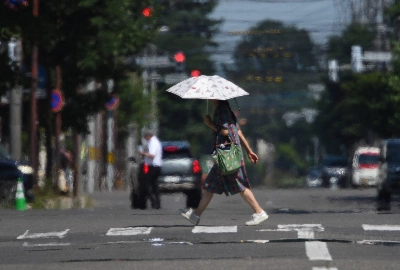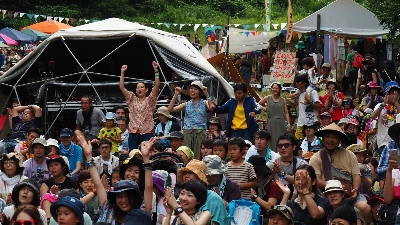Foreign investors bought Japanese stocks for 13 straight weeks to June 27, their longest buying spree since 2013, data from Japan Exchange Group showed.
The persistent buying — despite lingering concerns over U.S. tariffs and still sluggish domestic consumption — likely points to diversification away from U.S. equities, as investors pare positions after Wall Street’s strong showing.
"It’s my guess that this reflects investors trying to diversify their U.S.-concentrated portfolio,” said Shuji Hosoi, senior strategist at Daiwa Securities, noting that such shifts could last about a year.
Foreign investors bought ¥339.8 billion ($2.36 billion) of Japanese equities in the week of June 23 to 27, extending their net buying which began in the first week of April, when the market had plunged following the shock of U.S. President Donald Trump’s extensive tariff plan, some of which has subsequently been amended.
It is the longest stretch of net purchases since their 18 straight weeks of buying from November 2012 to March 2013, when investors snagged ¥5.7 trillion of Japanese stocks following radical economic stimulus by then-Prime Minister Shinzo Abe, or so-called Abenomics.
The latest buying by foreign investors helped lift the Topix index to lofty heights. The Topix rose to a peak of 2869.07 on Monday, just off its record high of 2946.60 struck in July last year. The benchmark has lost steam since then on renewed worries about U.S. tariffs.
But some analysts think their buying may wane. "There’s no sense of euphoria we saw during Abenomics. I think foreign buying will slow in July,” said Kohei Onishi, senior investment strategist at Mitsubishi UFJ Morgan Stanley.



















With your current subscription plan you can comment on stories. However, before writing your first comment, please create a display name in the Profile section of your subscriber account page.